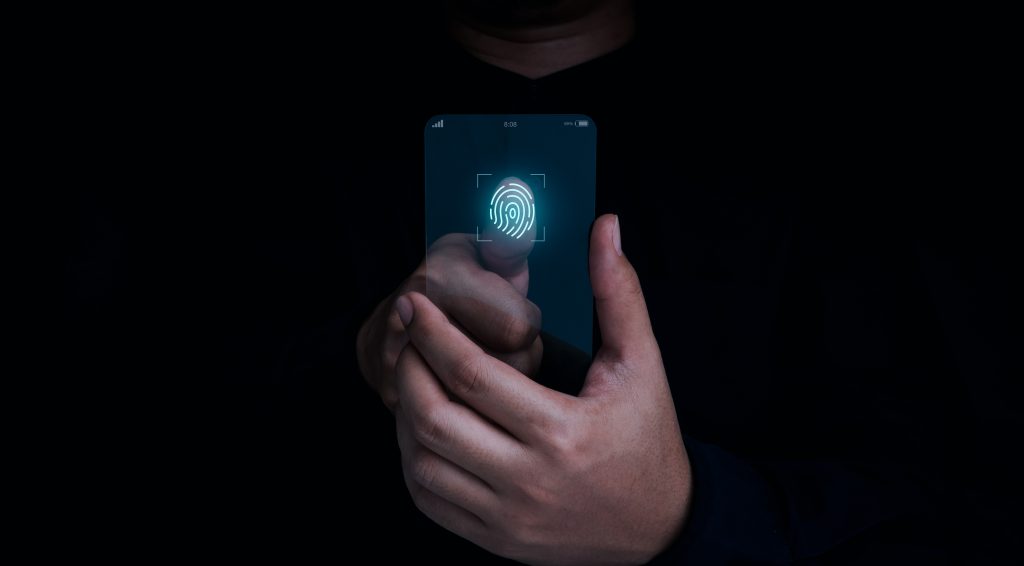Australian banks turn to private digital IDs as the national scheme faces challenges
Experts in the field warn against the rushed passage of the Identity Verification Services Bill 2023, which aims to regulate identity verification services and establish the foundation for the country’s upcoming digital identity ecosystem, alongside other forthcoming laws, such as the draft Digital ID Bill.

Australia is amid an ongoing debate over new laws that could finally bring the country’s national digital identity scheme to fruition. As progress on the national digital ID plan remains slow, financial institutions seek alternative solutions and turn to private identity services.
The Commonwealth Bank of Australia (CBA), one of the country’s largest banks, has recently partnered with ConnectID. This digital identity service enables users to prove their identity online to businesses and merchants. This development follows the National Bank of Australia (NAB), which previously allowed customers to access ConnectID. CBA plans to utilize ConnectID to allow its customers to verify their identity using face biometrics through the CBA app.
ConnectID is a product of collaboration between AP+ (Australian Payments Plus), Eftpos (a digital identity solutions company), BPAY (a payments platform), and the New Payments Platform (NPP), a subsidiary of AP+. It is designed as an alternative to government digital ID schemes, primarily aimed at consumers. The service features data minimization as one of its essential aspects.
Why does it matter?
ConnectID is the first non-government operator accredited by the Australian government under the Trusted Digital Identity Framework (TDIF) to provide digital identity exchange services in the country. The federal government has actively encouraged private sector participation in the TDIF since 2018. However, the latest move suggests that banks may be growing impatient with government schemes. Experts in the field warn against the rushed passage of the Identity Verification Services Bill 2023, which aims to regulate identity verification services and establish the foundation for the country’s upcoming digital identity ecosystem, alongside other forthcoming laws, such as the draft Digital ID Bill.

